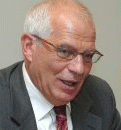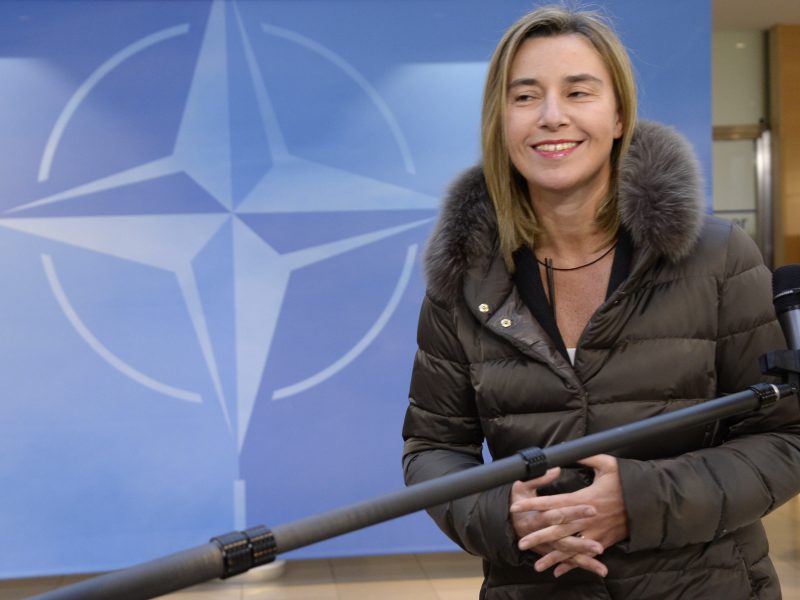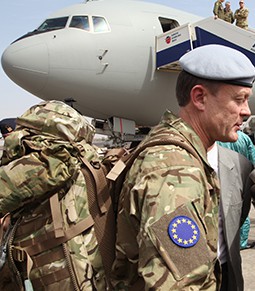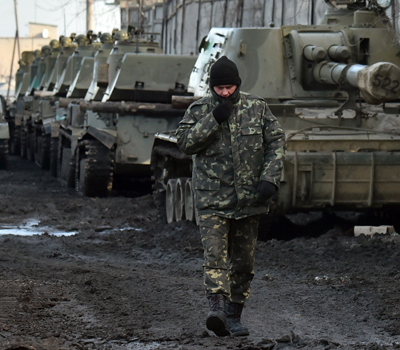GM crops in Europe: divide and conquer
By Manuel Ruiz Rico
On 13 January, by a large majority, the European Parliament in Strasbourg adopted a regulation that had little impact but which is bound to change the whole picture of GM crops in Europe. The House gave the green light to Member States, empowering them individually to approve or ban the cultivation of GM crops in their national territories, rather than this being decided by the EU. Across the breadth of Europe, due to the broad social rejection of these crops, GM is virtually banned. But everything could change from now on.








